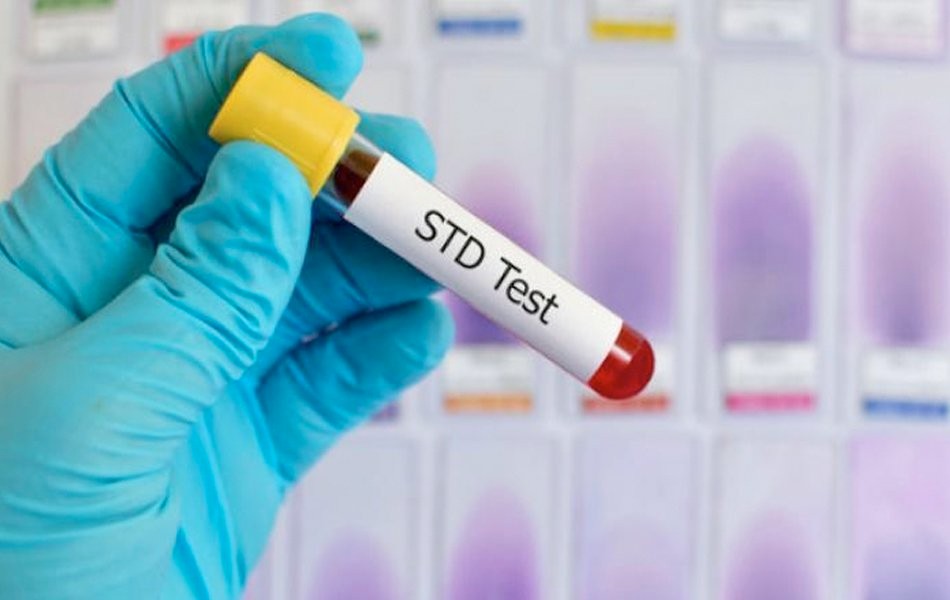
Things to know about the STD testing services
The STD testing services are available in the public health clinics, private health clinics and online. The STD testing can help you know if you have a sexually transmitted disease or not. If you are worried about your sexual health then it is better to test yourself at least once a year. The most common STDs include chlamydia, gonorrhea, genital herpes and HIV among others.
The following are some things to know about the STD testing services:
You need to know that there are two types of tests available for STDs: blood tests and urine tests. The blood tests measure antibodies in your body whereas the urine tests measure antigens in your urine samples. The blood tests are usually used to check for HIV because they can detect antibodies within three weeks of infection whereas with urine tests, you may not get accurate results until six weeks after infection with HIV.
STD testing is the most important thing in your life. If you are sexually active then you should get tested for STDs at least once in a year. Here are some things to know about STD testing services.
Testing for STDs is not painful and does not take long. The testing procedure is very simple and fast. You just need to go to a lab or a hospital and get yourself tested there.
You can also opt for online STD testing services if you want to save time and money as they charge less than the offline tests.
Most of the online companies offer same day results but it depends on your test result whether they would provide you with same day results or not. So make sure that you ask before ordering any test from them so that you don’t have any problem later on when you will want to know your results ASAP!
The STD testing services are available online, at local clinics and hospitals. The best way to find a good STD testing center is by asking your friends or family members for recommendations. Also, you can look at the reviews online before making any decisions.
You can test for any STDs that you think you may have by going through a simple blood test or urine sample. This will help determine if there is a chance that you have an STD and need treatment.
The most common STDs include: Chlamydia, gonorrhea, hepatitis B, herpes simplex virus (HSV), human papillomavirus (HPV), syphilis and HIV/AIDS. Many of these diseases are spread through sexual contact with someone who has them or by sharing needles or syringes with someone who has them.
